Muscle Mass Diet: Your Guide to Building an Ideal Body, One Plate at a Time
Muhe - Monday, 21 July 2025 | 08:30 AM (WIB)
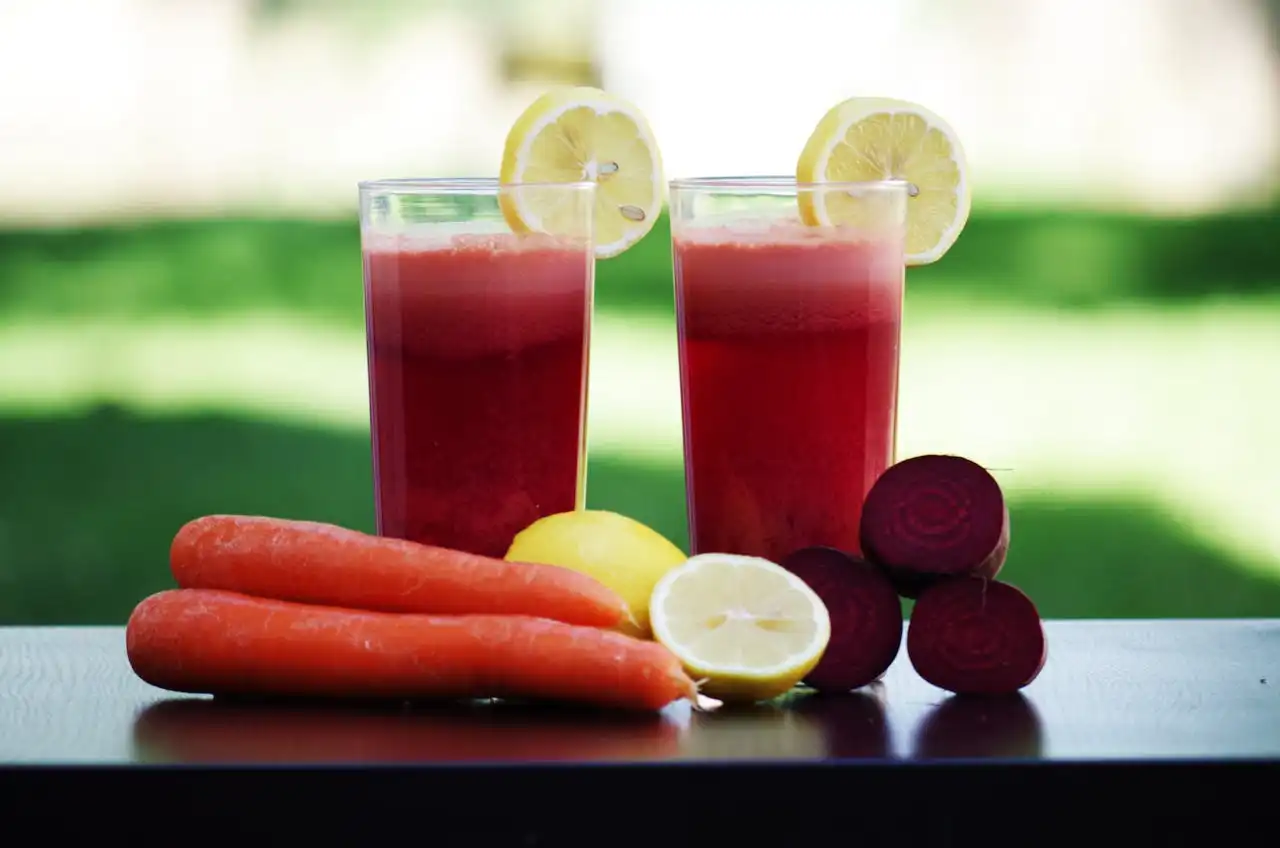

The Unholy Trinity (But in a Good Way): Protein, Carbs, and Fats
When it comes to packing on muscle, these three macronutrients are your best mates. You need 'em all, and in the right proportions. Ditch the idea that one is evil; they each have their superpower.Protein: The Master Builder
Let's kick things off with protein. This is non-negotiable, the absolute bedrock of muscle growth. Think of protein as the bricks and mortar for your body's construction project. When you lift weights, you create tiny tears in your muscle fibers (it sounds scary, but it's good!). Protein then swoops in, repairing those tears and, crucially, making them stronger and bigger than before. That's muscle growth, baby! So, how much do you need? A common guideline for muscle gain is around 0.7 to 1 gram of protein per pound of body weight per day. For a 180-pound person, that's anywhere from 126 to 180 grams. Sounds like a lot, right? It can be, but it’s totally doable. Think lean meats like chicken breast, turkey, and lean beef. Fish is fantastic – salmon, tuna, cod. Eggs are an absolute powerhouse, packed with amino acids. Dairy like Greek yogurt and cottage cheese are also stellar sources. And don't forget the plant-based options: lentils, chickpeas, tofu, tempeh, and various protein powders if you need a convenient boost. The key is to spread it out throughout your day, not just smash it all at dinner.Carbohydrates: Your Body's Fuel Station
Carbs get a bad rap sometimes, especially in the era of keto everything. But for muscle building, they are your best friend! Seriously, don't shun them. Carbohydrates are your body's primary energy source. They fuel your grueling workouts, giving you the stamina to push through those last few reps. More importantly, they replenish glycogen stores in your muscles, which are vital for recovery and preventing your body from breaking down muscle for energy. Without enough carbs, your body might start eyeing up your hard-earned muscle for fuel – and nobody wants that! Focus on complex carbohydrates: whole grains like oats, brown rice, quinoa, and whole-wheat bread. Sweet potatoes are a dream. Fruits and vegetables are also carb sources, loaded with vitamins, minerals, and fiber, which keeps your gut happy. Timing matters here too; pre-workout carbs give you the immediate energy, while post-workout carbs help kickstart recovery. Simple, digestible carbs right after a session can be particularly effective for quick replenishment.Healthy Fats: The Unsung Heroes
Yeah, I know, fats! The word itself still makes some people flinch, echoing the low-fat craze of yesteryear. But healthy fats are absolutely essential for overall health, hormone production (including testosterone, which is crucial for muscle growth!), and nutrient absorption. They also provide a dense source of energy. Just make sure you're picking the right ones. Think avocados, nuts (almonds, walnuts), seeds (chia, flax), olive oil, and fatty fish like salmon. These are your go-to guys. Steer clear of trans fats and limit excessive saturated fats found in highly processed foods. A good rule of thumb is that around 20-30% of your daily calories should come from healthy fats.Beyond the Macros: Micros, Hydration, and Timing
While macros are the big players, don't sleep on micronutrients – vitamins and minerals. They're like the tiny, indispensable gears in a complex machine, ensuring everything runs smoothly, from energy production to muscle repair. Load up on a variety of fruits and veggies. Eat the rainbow, as they say! And seriously, drink your water. Dehydration can severely impact your performance and recovery. Aim for at least 8-10 glasses a day, and more if you're sweating buckets at the gym. Meal timing isn't as rigid as some might have you believe, but consistency is king. Spreading your meals out, say every 3-4 hours, ensures a steady supply of nutrients to your muscles. It keeps you satiated and prevents those dreaded energy crashes. A pre-workout snack, like a banana and a handful of nuts, can make a difference in your session. And that post-workout meal, ideally within an hour or two of finishing, should be a mix of protein and carbs to kickstart recovery.The Bottom Line: Consistency and Patience
Building muscle is a marathon, not a sprint. There are no magic pills, no shortcuts that bypass the need for consistent, smart nutrition and hard work. It takes discipline, a bit of planning, and a willingness to learn what works best for your unique body. Experiment with different food combinations, track your progress, and adjust as needed. You don't have to be a professional bodybuilder to eat like one, or at least understand the fundamental principles. So, next time you're contemplating that extra set, also consider what you’re putting on your plate. Because that truly is where the real gains are made. Fuel your body right, train smart, and watch as you build not just muscle, but a stronger, healthier, and more confident you. It’s an investment, sure, but one that pays dividends for life.
How to Relax Your Mind During the Weekend
6 months ago

ChatGPT's Compassionate Turn: How AI Is Learning to Handle Mental Health Crises Better
6 months ago

Coffee vs. Tea: The Morning Brew Showdown That's More Than Just a Cuppa
6 months ago

Cracking the Code: Your Guide to Taming Those Beastly Migraines
6 months ago
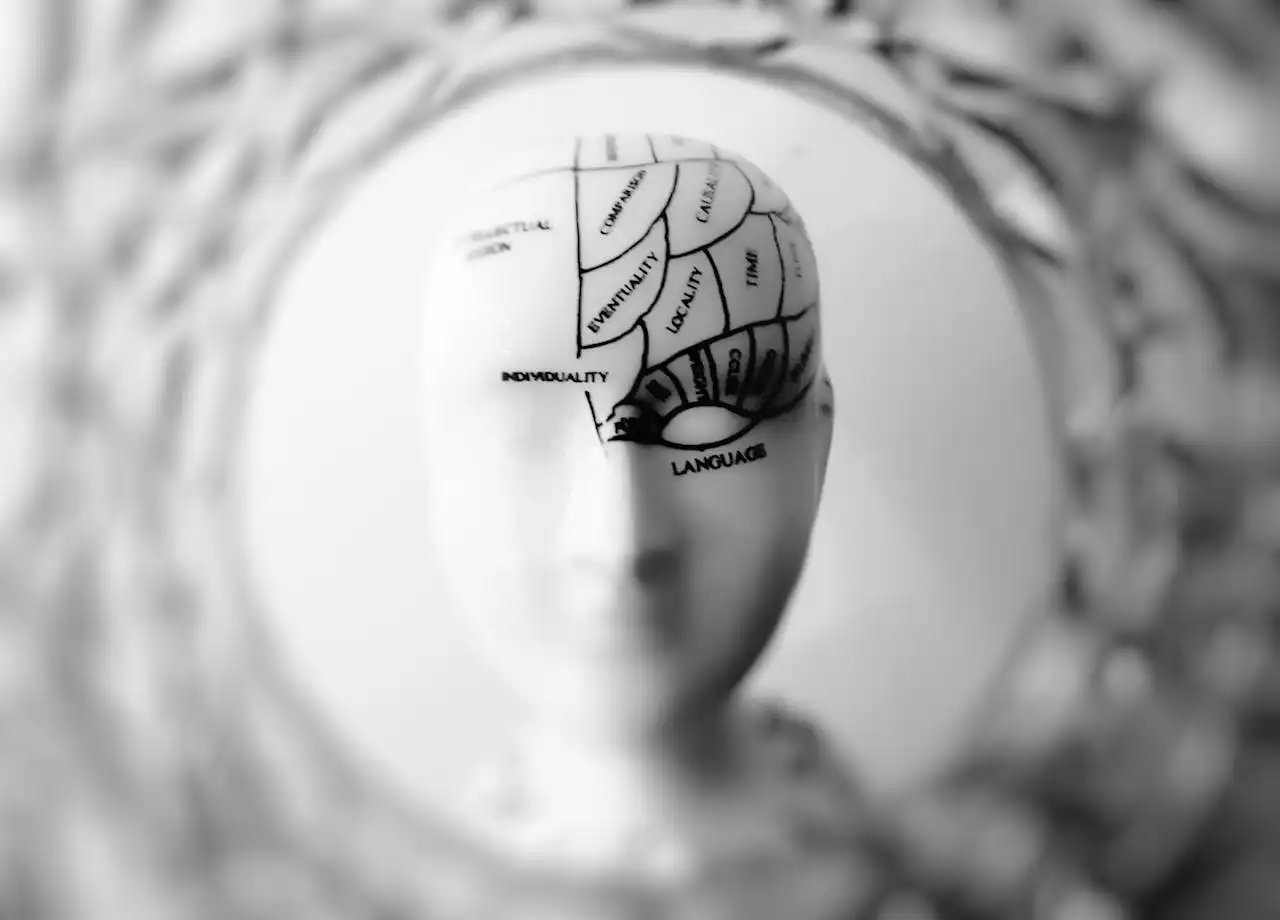
Fuel Your Supercomputer: Five Foods That Will Level Up Your Brainpower
6 months ago
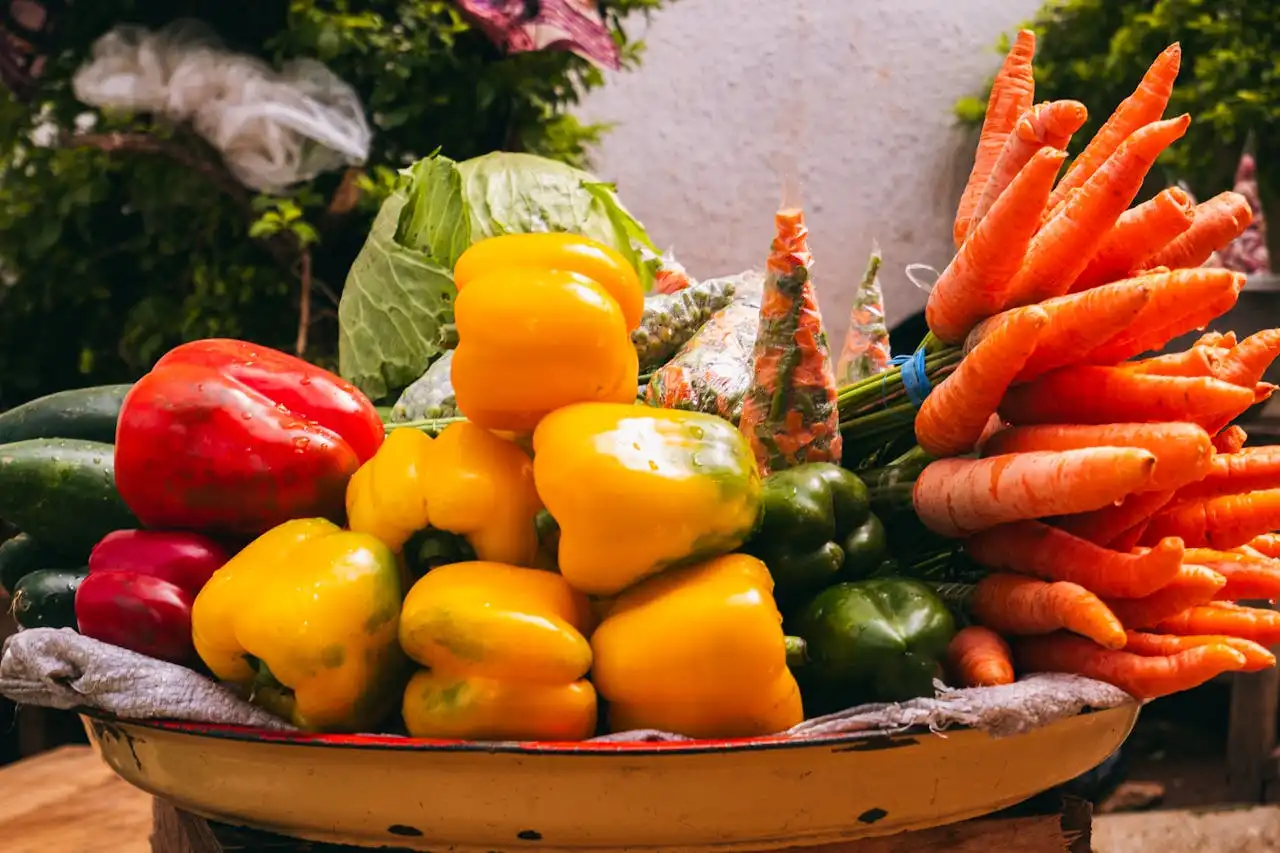
Unlocking Your Inner Shield: Five Veggies That Are Basically Superheroes for Your Immune System
6 months ago

Your Secret Weapon for Weight Loss? It's As Simple As Putting One Foot in Front of the Other
6 months ago

Forever Young: The Secret to a Glowing, Timeless Life
6 months ago
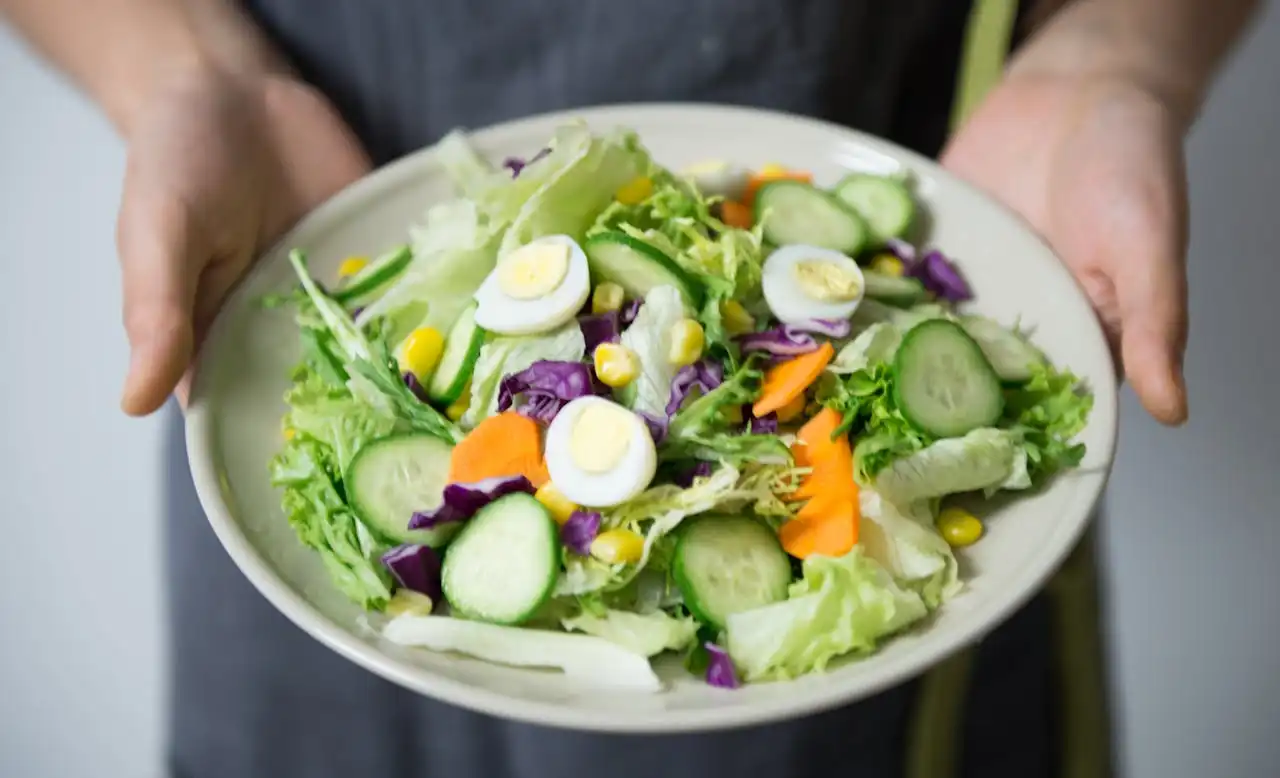
Your Gut Feeling is Right: How to Feed Your Inner Universe for a Happier, Healthier You
6 months ago
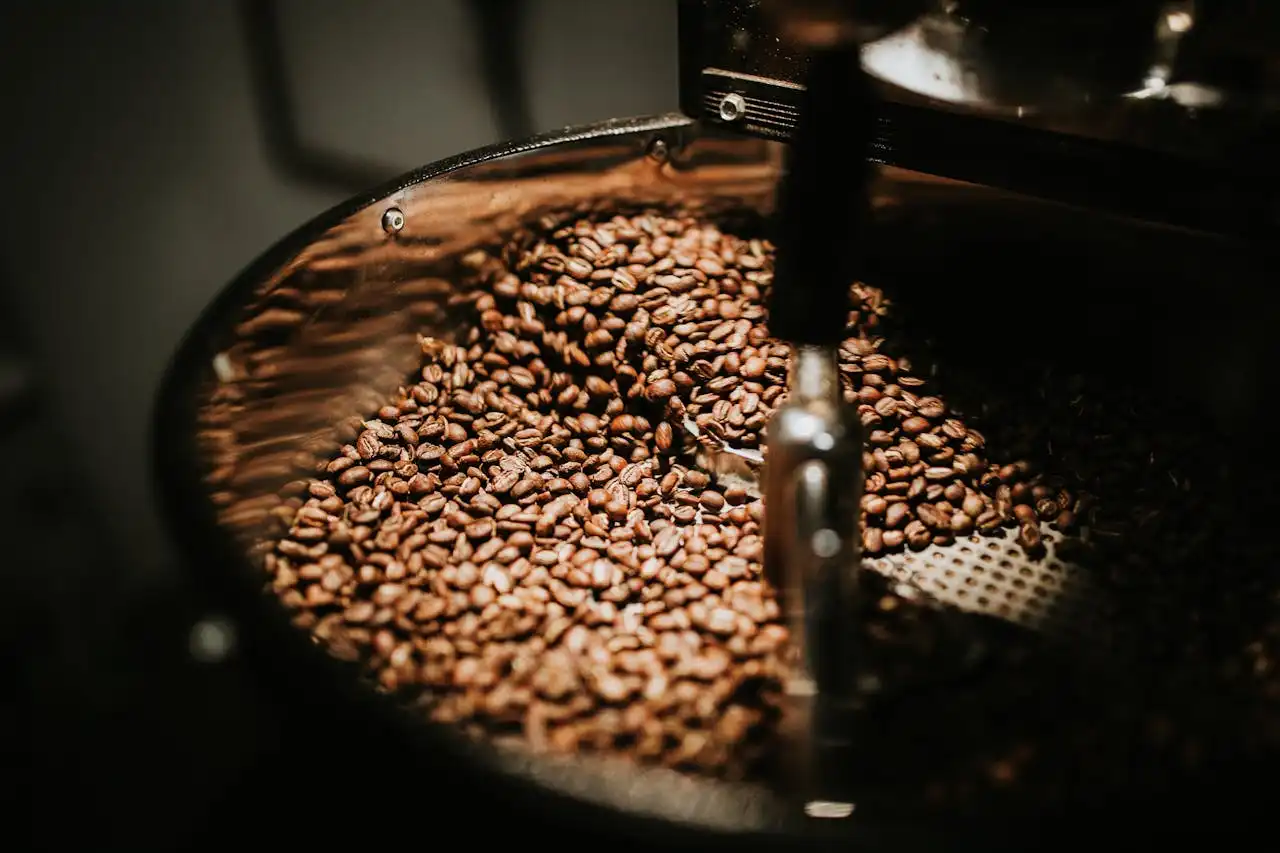
Navigating Your Daily Grind: When Does Your Coffee Habit Cross the Line?
6 months ago
